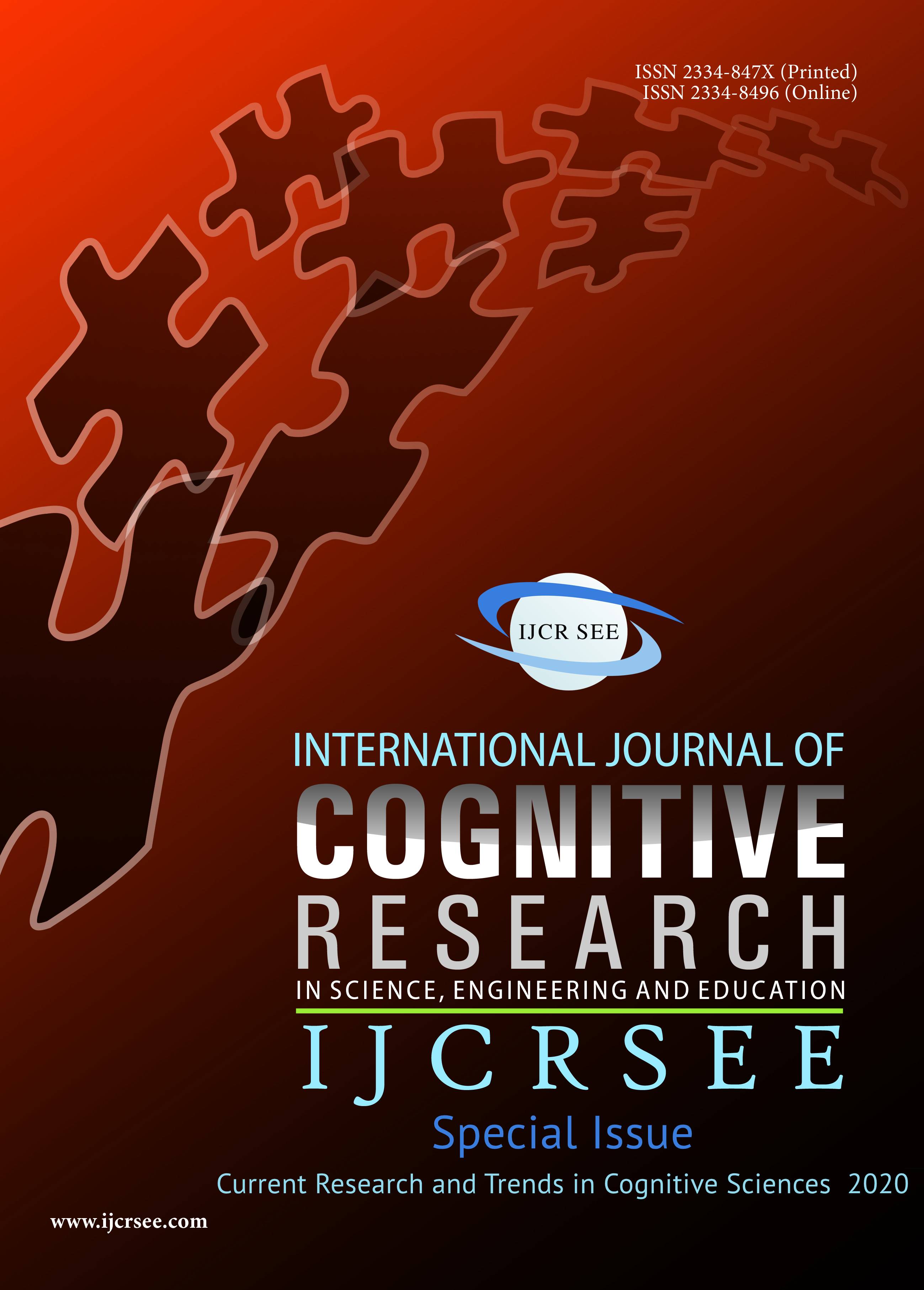Features of Social-Perceptual Properties of Mathematically Gifted Students
Features of Social-Perceptual Properties of Mathematically Gifted Students
Author(s): Yuliya A. TushnovaSubject(s): School education, Cognitive Psychology
Published by: Удружење за развој науке, инжењерства и образовања
Keywords: mathematical abilities; social-perceptual abilities; giftedness; student age;
Summary/Abstract: The attention of modern society to intellectual potential makes the problem of studying mathematically gifted youth at the stage of self-determination in higher education relevant. Practical problems related to the psychological features of social adaptation of mathematically gifted youth require solving. The main goal of the research is to study the social and perceptual abilities of mathematically gifted students. The study sample consisted of 76 natural science students aged 17-23 years (M=19.8, SD=3.2 (58% men). The research methods were: testing (test of analytical mathematical abilities, test of the structure of intelligence (TSI) of R. Amthauer), expert assessment, survey (questionnaire of V. A. Krutetsky, questionnaires aimed at diagnosing socio-perceptual abilities), statistical methods. Self-assessment of intelligence, composite assessment, and some components of social intelligence and some components of empathy are significantly different. The ability of mathematical generalization and practical mathematical thinking have a greater number of relationships with social and perceptual properties. Here we found relationships not only with empathy, but also the ability to recognize verbal expression and the General ability to understand and manage their own and other people’s emotions. The ability to operate images in two-dimensional space is related only to the level and components of emotional intelligence. According to the results of the study, the features of socio-perceptual properties of students with different levels of analytical mathematical abilities are described. The conclusions can be used in the development of a program of psychological support for this category of students.
Journal: International Journal of Cognitive Research in Science, Engineering and Education (IJCRSEE)
- Issue Year: 8/2020
- Issue No: SI
- Page Range: 103-112
- Page Count: 10
- Language: English

